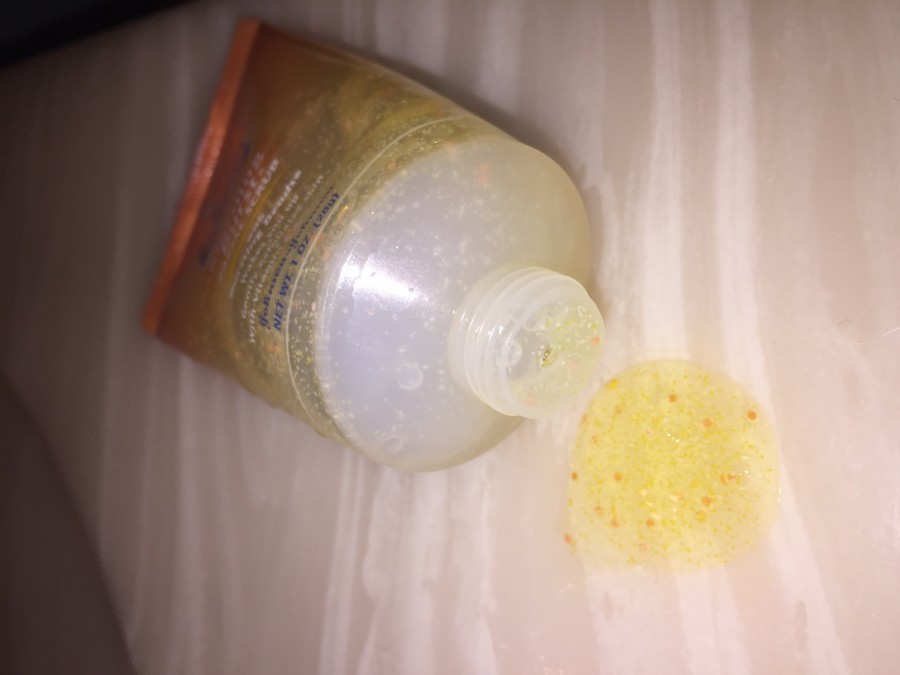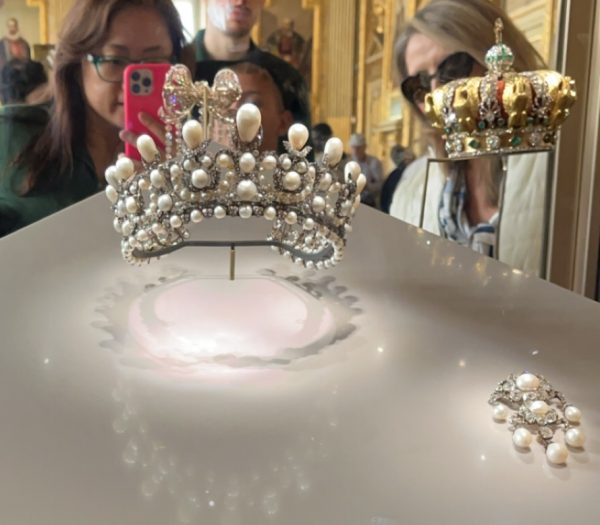Obama Ban Microbeads Starting in 2017
This past week, President Obama signed a law that bans use of particles, known as microbeads, in soaps and toothpastes starting in 2017.
According to CNN.com’s article, “Obama signs law that bans microbeads,” this new law prohibits the selling and distribution of products containing microbeads. The bill is intended to protect the nation’s waterways.
The issue with microbeads is that when fish species harvest for food they’ve been known to eat micro-plastic particles at an alarming rate and the toxins absorbed in those plastics transfer to the fish tissue. This poses a great concern for the fish.
Over 39 brands, usually beauty products, contain microbeads in them. Some of these brands include Clinique, Clearasil, Hempz, Neutrogena and many more.
For many Arrowhead students, this is major concern because some of their daily hygiene products will be banned.
“I use Clinique exfoliating scrub every morning. It’s helped with my acne for many years so it’s a shame that it will soon be banned,” says senior Maddie Hemmer.
Most of the products containing microbeads are found at Target, Walmart, ULTA, and more sites online.
CNN.com, in September, says a study published in Environmental Science & Technology reported that more than 8 trillion microbeads were entering the country’s aquatic habitats daily. The volume was enough to coat the surface of 300 tennis courts every day.
Microbeads have contributed to a greater increase in microplastic polluting the planet’s oceans and lakes, researchers say.
Along with fash wash and body wash that contain microbeads, toothpaste can also contain microbeads.
Crest Pro Health, Crest Pro Health for Me, Crest Sensitivity, Crest Complete Multi Benefit, and Crest 3D White all currently contain microbeads.
There are, though, benefits of microbeads. According to refinery29.com, in the article “The Scrubby Beads In Your Face Wash Might Soon Be Illegal,” dermatologists tend to prefer them. They say that the man-made, perfectly round shape means they’re less likely to scratch your skin, like pumice, salt, and seeds can.
“My favorite products are going off the market which is really sad and I’m going to need to find some other product choices, but I do think this will benefit our environment in many positive ways,” says senior Andi Eckl






